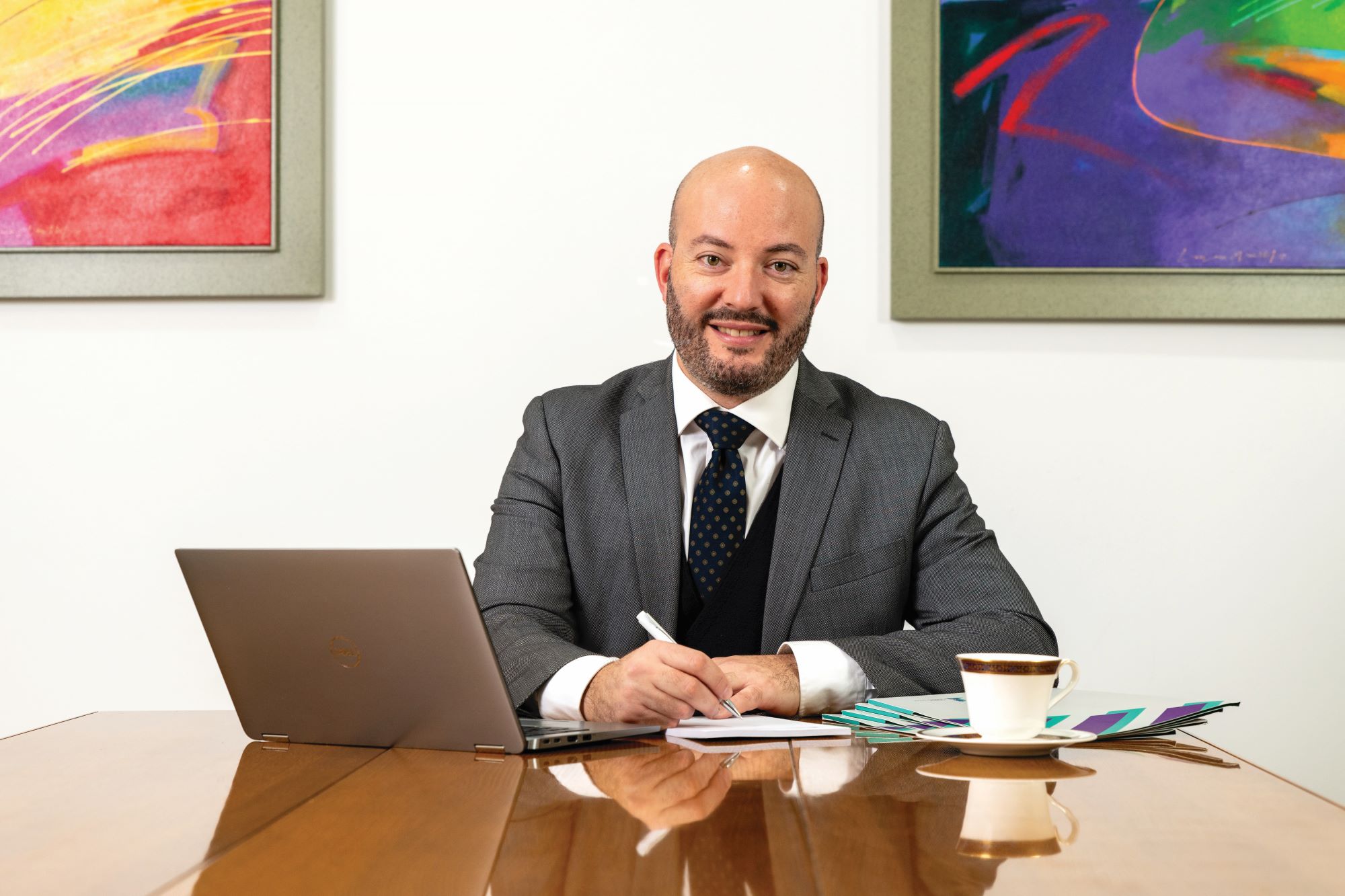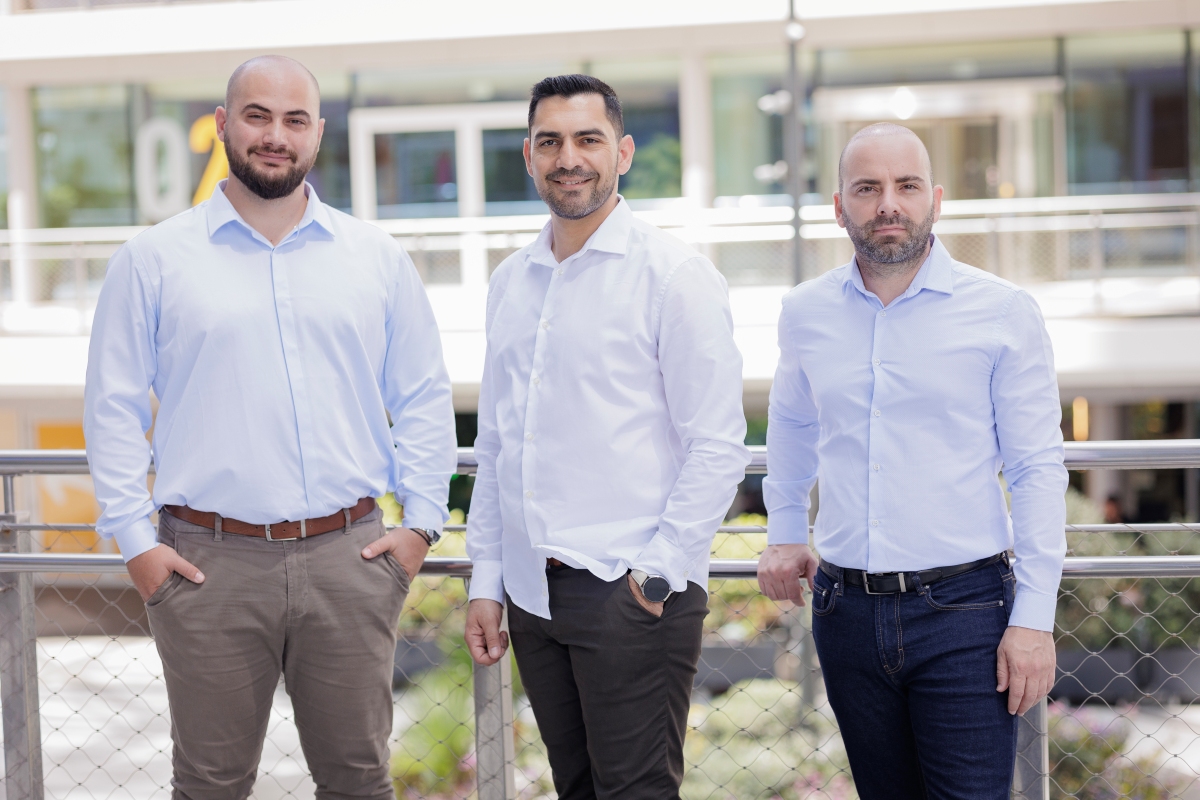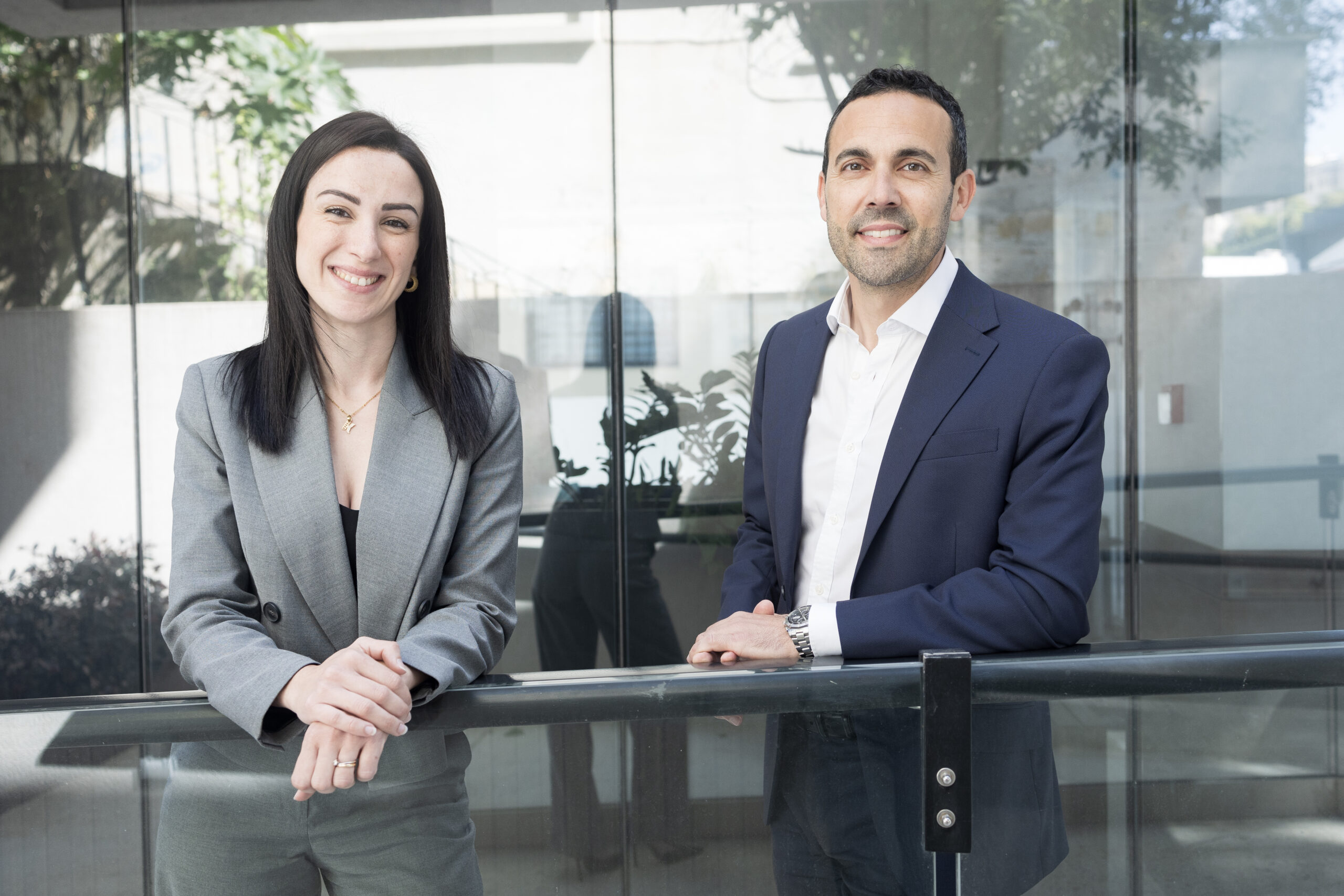The Family Business Office supports family businesses through various initiatives including by providing guidance on eligibility criteria for several programmes and offering financial assistance through tax incentives, as well as consultancy grants to help with governance and succession planning, Regulator Joseph Gerada explains.
Family Businesses are the backbone of the economy, making up 65-80 per cent of all enterprises in Europe and providing, on average, 40-50 per cent of jobs. However, not every family-run business qualifies as a family business. So, what exactly defines a ‘family business’, and who determines its status?
Dr Joseph Gerada, Regulator at Malta’s Family Business Office (FBO), offers valuable insights into the unique challenges and significant contributions of family businesses on the island and into the FBO’s role in supporting their growth, addressing their specific needs, and fostering a conducive environment for continued success.
Established in 2017, the FBO is dedicated to regulating and supporting family businesses. “We set up this unit to address the specific needs of family businesses, which operate differently from other enterprises,” Dr Gerada begins
Family businesses have their own unique dynamics, particularly in areas like promotion, governance, and succession planning, he says, explaining that according to the Family Business Act, a business must meet specific criteria to be classified as a family business. “For instance, there should be at least two family members involved in a direct line, and no single family member can own more than 80 per cent of the business,” he adds.
Dr Gerada outlines the FBO’s mission: “Our goal is to implement the Family Business Act and offer practical support. A major part of our work involves educating business owners. We help them determine whether their business qualifies as a family business under the Act and assist them in making the necessary changes to benefit from our programmes.”
A key initiative by the FBO is the reduction of stamp duty on family business transfers. “Another aspect of our mission is to offer financial assistance, specifically, through tax incentives,” Dr Gerada explains. “When a family business is passed down within the family, we offer significant reductions, or, in some cases, eliminate stamp duty and taxes entirely.”
In addition to tax relief, the Office offers consultancy grants to assist with governance and succession planning. “We provide up to €20,000 in grants over three years for consultancy services,” Dr Gerada explains. “If you need expert advice on matters like governance or succession, we can help cover half of those consultancy fees.”
Dr Gerada stresses the importance of involving professional consultants: “Although we don’t offer direct consultancy ourselves, we guide businesses on eligibility and the benefits of professional advice. Family businesses might feel they can handle everything internally, but I can’t stress enough the invaluable perspectives external consultants bring. They ask the right questions and provide objective insights that help businesses build effective processes and structures, better strategising for the future and ensuring their long-term success.”

To illustrate this, Dr Gerada notes that setting clear criteria for family member roles and decision-making is crucial to avoid conflicts and ensure the smooth running of the business.
Despite their crucial role in the economy, family businesses face significant challenges. One major hurdle is engaging the younger generation. “Younger family members often feel discouraged from joining the family business because the older generation may resist change and adapting to new market trends,” Dr Gerada points out. “Encouraging these younger individuals to stay involved is crucial because they are the future of the business.”
Another pressing issue he often observes is navigating transition plans: “Many family members find it difficult to discuss transition plans, often fearing that addressing the subject might be perceived as disrespectful.”
Beyond these internal dynamics, family businesses must also address broader challenges such as ESG compliance, inflation, and geopolitical instability. The FBO tackles these issues by engaging at the EU level, working with policymakers to prevent legislation that could negatively impact family businesses.
A key initiative in this effort is the annual EFB summit, organised by the European Family Businesses Federation. This event provides family businesses with excellent opportunities to learn, network, and explore growth and collaboration. This year’s summit, themed ‘The Power of People’, will be held in Rome from October 3rd to 5th, and will focus on the roles and contributions of individuals within family businesses.
Dr Gerada encourages participation, stating, “the summit is a unique opportunity to gain insights and connect with international participants, which can lead to significant business development. I’m always impressed by the event’s organisation and the immense value that the speakers bring to the table.”
This year’s event will feature a keynote speech by Italian politician Enrico Letta, setting the stage for a series of dynamic panel discussions. “The discussions will dive into topics like balancing work and life, staying competitive while being eco-friendly, and managing family governance across generations,” Dr Gerada explains.
“Participants will also have the chance to take part in visits to a number of authentic Italian businesses,” he adds. The programme is also packed with engaging workshops on a variety of topics. “As outlined in the programme, the workshops will cover the use of venture capital for growth, global people trends with a focus on inclusive leadership, and strategies for improving decision-making. Participants will also gain insights into ESG ratings and governance, and explore ways to develop effective organisational models and incentives,” Dr Gerada shares.
Beyond the summit, Dr Gerada highlights upcoming initiatives for the Family Business Office, including the rollout of a certification programme to recognise family businesses, which aims to make significant strides in areas like sustainability, succession planning, and creating a family charter. He explains, “this programme not only celebrates these achievements but also helps businesses identify areas where they might need additional support.”
Currently, the FBO is connected to around 330 registered family businesses, although there may be many more that fit the bill. “We’re in touch with around 330 family businesses, but there are likely many more out there,” Dr Gerada observes. To support these businesses, the FBO organises events and collaborates with the Malta Chamber of Commerce to offer useful networking opportunities and address the unique challenges these businesses face. Looking ahead, the FBO aims to broaden its outreach and involve more local family businesses.
“We want to boost participation in our events so that more businesses can benefit from the community and networking opportunities we offer,” Dr Gerada shares. “This will help businesses adapt and thrive despite the constantly evolving landscape.”
Dr Gerada also emphasises the critical role of supportive policies for family businesses. “We’re advocating for measures that ease the operational burden and encourage investment in startups, many of which begin as family-run ventures,” he explains.
“Additionally, we remain committed to reducing bureaucratic hurdles, allowing businesses the flexibility to choose their consultants and implement their plans with greater autonomy.” “Ultimately, our vision is to see more family businesses not only survive but thrive, making a substantial contribution to the economy,” Dr Gerada concludes.
This feature was first carried on Business Now 2024 magazine, the sister brand to BusinessNow.mt, both owned and managed by Content House
Malta’s next leap: Secured
How ESET delivers enterprise-grade security to meet Malta’s digital ambitions
Mastering the language of business: How BELS is crafting bespoke training for a dynamic economy
BELS Malta Director of Studies Arianna Muscat on how the language school helps companies equip their teams for success.
Built differently – CLA Malta offers custom solutions in a cookie-cutter landscape of tax advisory and business
Their client-centric philosophy extends far beyond conventional consultancy.






